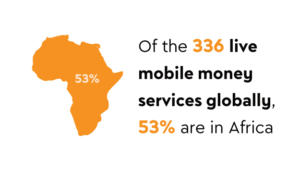Kenya is implementing a new digital tax computation platform for rental properties to help landlords and letting agents file their tax with ease.
Africa Business Communities reports that the Kenyan Revenue Authority (KRA) is touting the electronic rental income tax system (eRits) as a landmark innovation that will streamline tax compliance in the country.
Alex Mathini, tax partner at Bowmans in Kenya, explains that the system, which is accessible through the KRA’s eCitizen and Gava platforms, ‘is designed to enable seamless tax computation, filing and payment of monthly rental income tax, and reduce the administrative burden associated with tax compliance in the real estate sector’.
According to online publication Kenyans.co.ke, the government is billing eRits as part of its efforts to ensure that tax compliance is not a burden but a shared responsibility to facilitate national development.
‘With this system, we aim to not only increase revenue collection but also create a more equitable and predictable tax environment that benefits both taxpayers and the government,’ said Treasury representative Chris Kiptoo, announcing the platform.
KRA commissioner-general Humphrey Wattanga said that while the platform was a voluntary compliance tool for landlords and rental property owners, it would make filing tax more efficient.
Introduced in 2016, Kenya’s Monthly Rental Income (MRI) tax, which applies to landlords earning between Ksh288 000 and Ksh15 million a year, was reduced from 10% to 7.5% in 2024. The tax contributed an estimated Ksh14.4 billion to the country’s coffers in the 2023/2024 financial tax year, up more than 5% on the previous year.
















